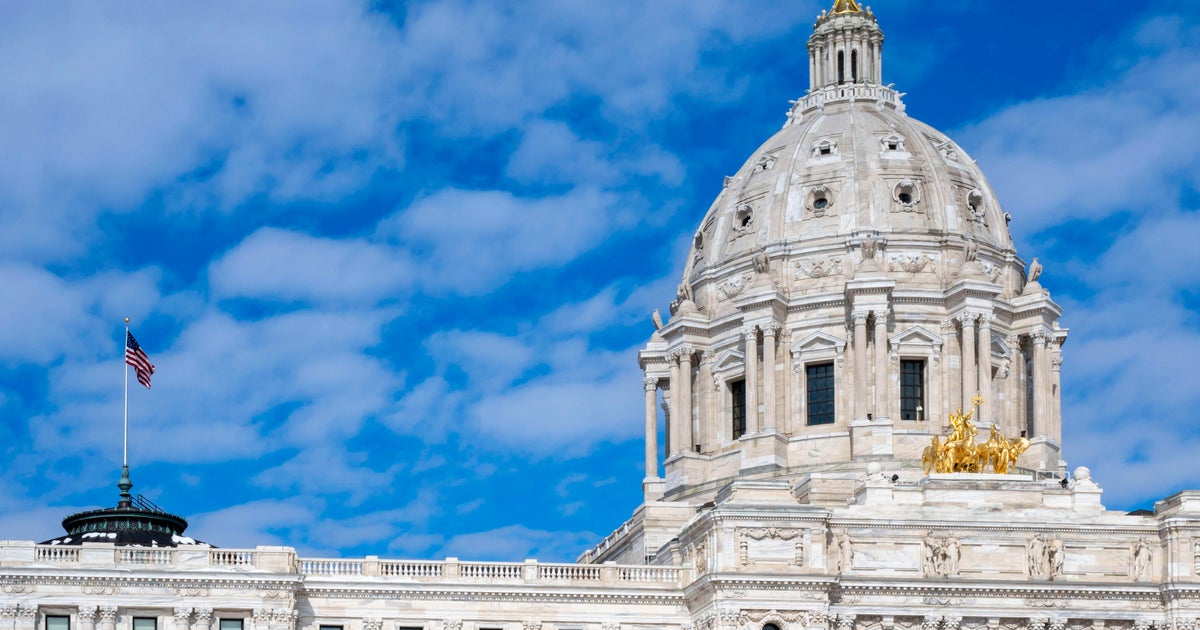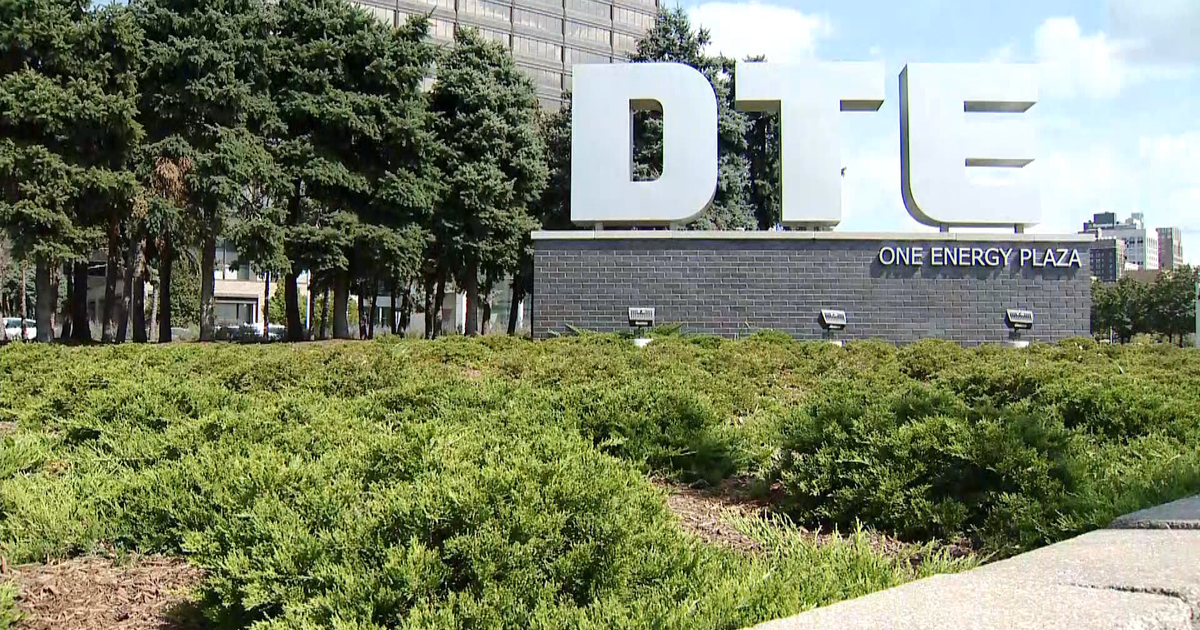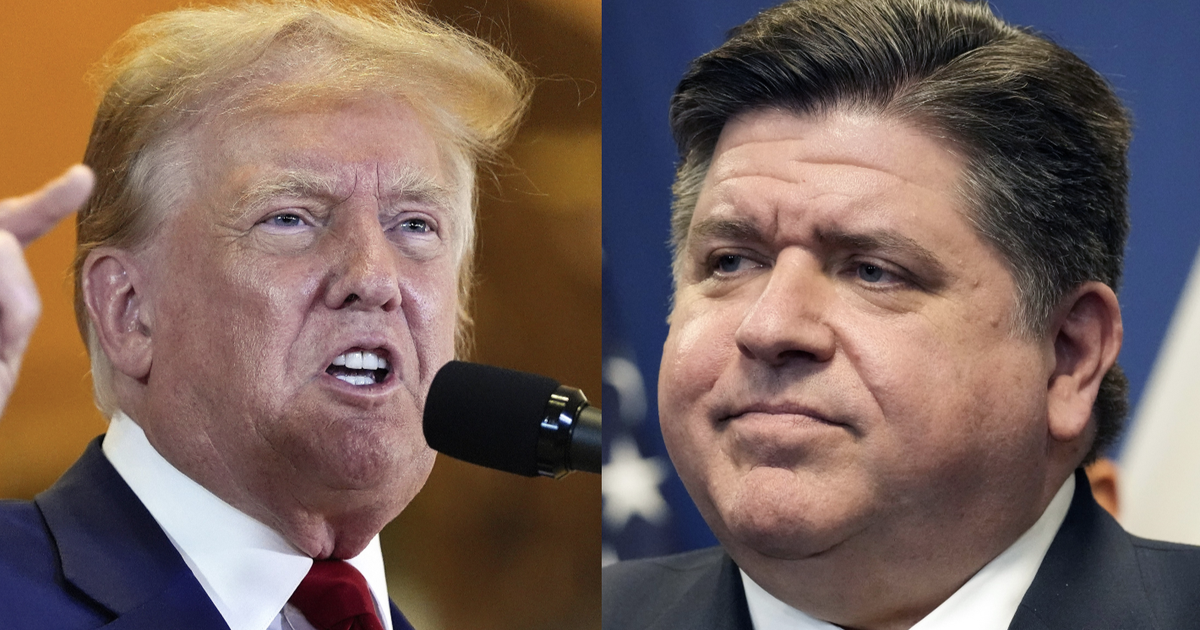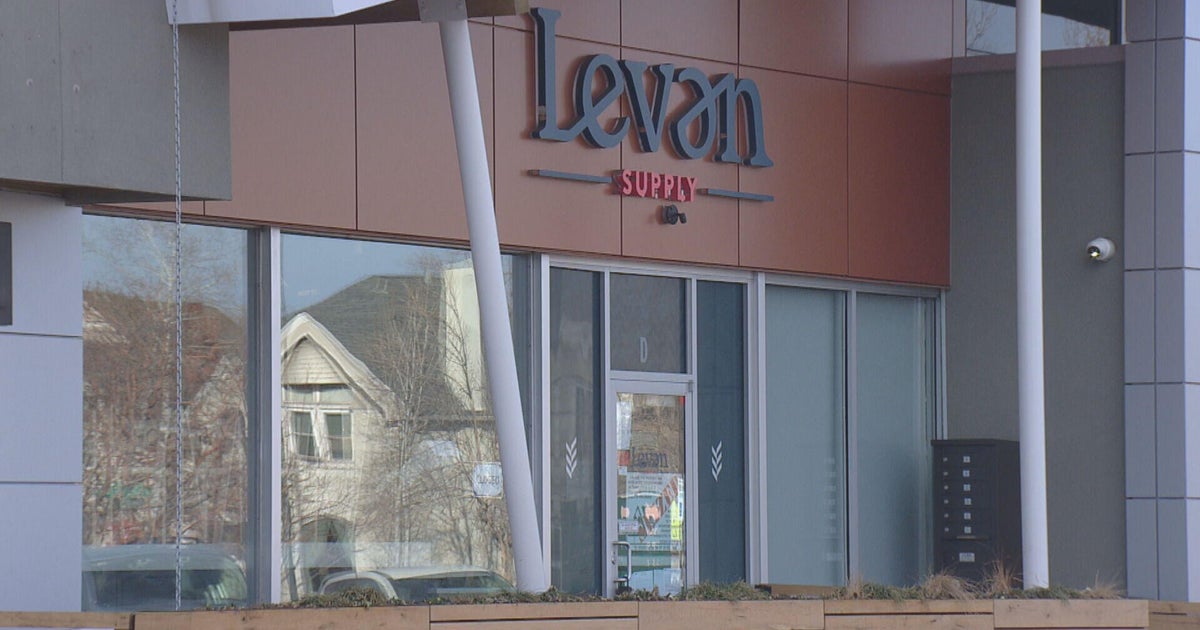Minn. House Passes New Tax Bill; Smaller Biz Cuts
ST. PAUL, Minn. (AP) — The Minnesota House on Wednesday approved a renegotiated package of tax breaks with smaller cuts for businesses than the bill Gov. Mark Dayton vetoed last week.
The measure was headed to the Senate for a floor vote after it cleared the House 73-56.
"We made every effort to make this a bill the governor can sign," said Rep. Greg Davids, R-Preston, during House floor debate.
The bill would cost the state about $46 million over the next year. For the next two-year budget, it would cost $73 million, about half the cost of the vetoed bill. The new proposal would also draw less from the state's budget reserves to pay for those costs: about $28 million, down from $43.5 million in the bill rejected by Dayton.
After money from reserves would be applied to costs in the next year, a leftover $18 million in costs for 2013 would be paid for by savings in other bills, according to committee staff members.
The key element of the last tax bill — a property tax freeze for businesses — is limited to only one year in the latest version. A tax credit meant to encourage research and development is raised by less than in the previous bill and less money will be set aside for a credit to foster investment in start-up businesses. An up-to-$3,000 business credit for each veteran hired would be granted for the first 1,250 eligible veterans hired after July 1.
Many Democratic lawmakers liked the boosts for businesses but argued in debate that the new bill, like the earlier version, leaned too heavily on the state's budget reserves.
"Many of the fine provisions in here are a lot less fine when you don't actually pay for them," said Rep. Jim Davnie, DFL-Minneapolis.
Others said that the breaks would not do as much good for businesses as they would for people.
"The problem in our economy is not that major corporations like Target don't have enough money," said Rep. Ryan Winkler, DFL-Golden Valley. "What we're really lacking is a strong middle-class demand."
But Republicans fired back that small business leaders had a direct role in crafting the package and were interviewed by a bipartisan group of lawmakers.
"It was put together by the small business community themselves," said Rep. Connie Doepke, R-Orono.
An upfront sales tax exemption for small businesses buying machinery included in the last bill will go to only those businesses with less than 50 employees in the new version. Businesses currently pay for the tax and then apply for a rebate.
What was originally a $2 million bump to the Minnesota Investment Fund, which provides grants to add and maintain manufacturing and technology jobs, was raised to $7 million. Davids said Republicans would not have approved the move, but that it was part of meeting Dayton halfway on the bill. The bill also includes a provision Davids said the governor asked for that provides more state money for student loans by allowing unused funds from one year to be carried over into subsequent years.
Sen. Julianne Ortman, R-Chanhassen said the bill doesn't accomplish as much as Republicans had wanted, but she was optimistic that Dayton would sign it.
"This is about being persistent," Ortman said. "Tax relief and jobs was our highest priority at the Capitol this year."
Dayton said the last tax bill disproportionately favored businesses for property tax breaks over homeowners. A member of the governor's staff said Dayton has not yet taken a position on the new bill.
(© Copyright 2012 The Associated Press. All Rights Reserved. This material may not be published, broadcast, rewritten or redistributed.)







